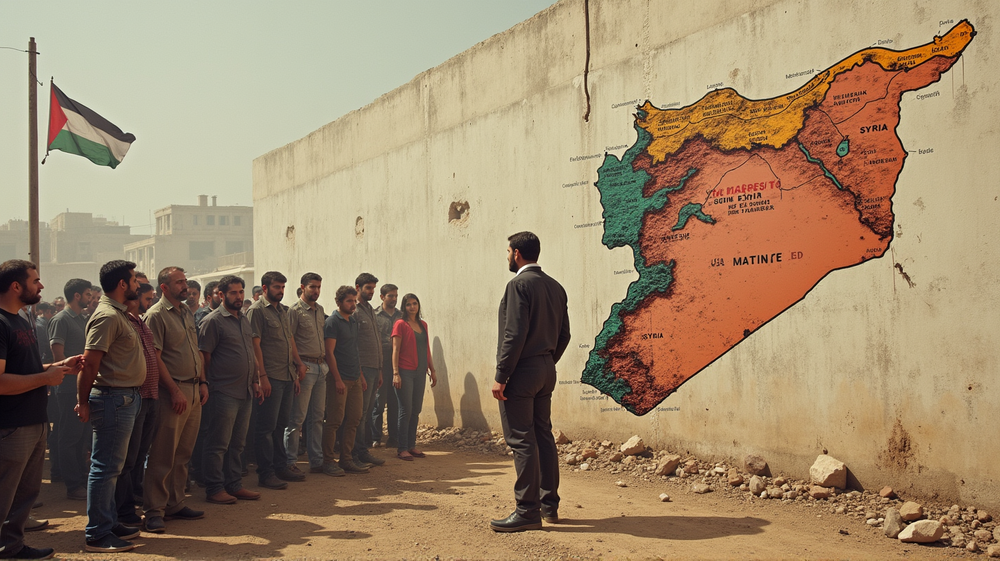In a striking declaration, Israeli Finance Minister Bezalel Smotrich unveiled a bold vision for the Middle East: Israel would persist in its military campaign until vast numbers of Palestinians were expelled from Gaza, and Syria was divided. According to Middle East Eye, the remarks illuminate Israel’s entrenched stance in the conflict and underscore an enduring desire to reshape regional dynamics.
The Call for Forced Displacement
Smotrich’s speech in the West Bank highlighted an aggressive strategy, making explicit calls for the eviction of “hundreds of thousands” of Palestinians from the blockaded Gaza Strip. This comes amid a humanitarian crisis, as Israel orchestrates a blockade that’s already left the enclave on the brink of famine. The international community watches as Gaza suffers under relentless military pressure, with dire implications for its inhabitants.
U.S. Influence and International Response
The United States, under former President Donald Trump, entertained notions of redeveloping Gaza—a notion that has gradually retreated from the spotlight. Nevertheless, Smotrich’s remarks stir echoes of this vision, reflecting a prolonged disinterest in halting the military offensive. As Israel lobbies for international assistance in relocating Palestinians, diplomatic quarters buzz with tense deliberations.
Lebanon’s Tense Frontlines
In Lebanon, Israel’s position remains unyielding. Smotrich’s vision for regional dominance extends here, with overt calls to cripple Hezbollah’s military prowess. Meanwhile, Lebanon’s President Joseph Aoun pleads for cessation, urging major powers to pressure Israel into a peaceable retreat. The fragile ceasefire is undermined by continued Israeli incursions, casting a heavy shadow over Lebanon’s sovereignty.
The Syrian Quagmire
Smotrich’s ambitions reach further into Syria, advocating for its fragmentation—a move that diverges from U.S. withdrawal policies. The suggestion of breaking Syria apart into separate entities raises alarms, hinting at significant geopolitical shifts. Tentative alliances with Syrian minorities like the Kurds appear strained, as regional actors resist Israel’s expansionist narratives.
International Law Under Scrutiny
The corridors of international institutions echo with petitions and resolutions. Countries like Saudi Arabia appeal to bodies such as the International Court of Justice, condemning Israel’s “hideous conduct.” Global audiences remain riveted and troubled, aware that these unfolding dramas impact lives and legacy in the volatile Middle East.
Israel’s approach, marked by an unrelenting push for dominance, prompts rigorous debate and soaring tensions. In this complex theater, the world watches for resolutions that may still hinge upon diplomacy’s elusive promise.












